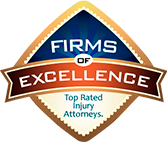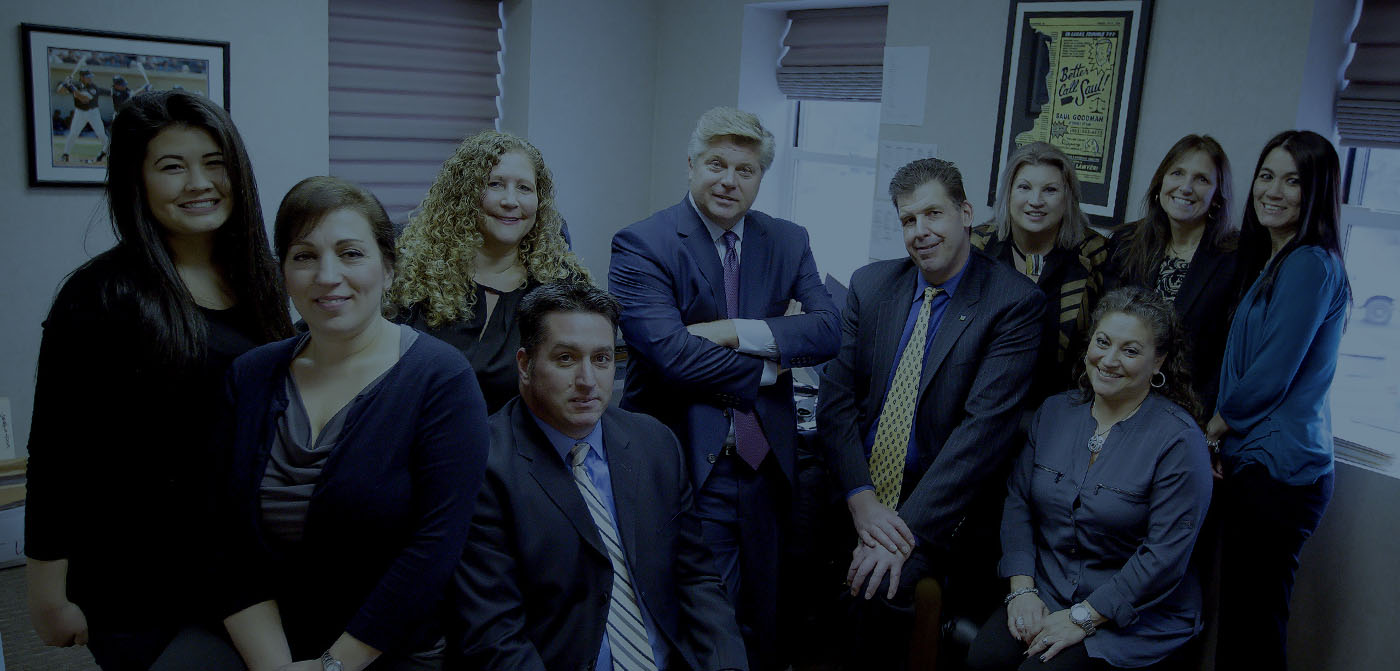Construction site owners and contractors are supposed to take steps to make sure their employees are protected against foreseeable harm. Not everyone does what they are supposed to, though, and the result is that construction workers are much more likely to get hurt. Here are seven warning signs you can look for to know if your construction site is safe, or if someone in charge is being negligent:
- Lack of warning signs
- One of the biggest warning signs that you may be dealing with a negligent construction contractor or site owner is, ironically, a lack of warning signs. Many kinds of construction projects are potentially dangerous, especially those that involve trenching or demolition. Hazards of all kinds exist everywhere, and where they are known, they are supposed to be signposted. When they are not, it can increase the chance of someone getting hurt.
- Lack of protective equipment
- Construction contractors are supposed to provide their workers with protective gear like goggles, helmets, gloves, and masks. This protective equipment helps to prevent many common sources of injury on construction sites, including falling objects, exposed wires, and toxic chemicals. Some contractors do not provide adequate protection to their employees, however, making it significantly more likely they will be injured.
- Out of date inspections
- Nearly every part of a construction site, including its equipment, needs to undergo regular inspection before construction can go forward. However, not every contractor or site owner is as diligent with inspections as they should be, resulting in out-of-date or missing inspections. This makes it more likely that employees will use defective equipment or work in dangerous areas, increasing the likelihood of injury.
- Loose tools or materials
- Another good sign of potential negligence is whether tools or materials are appropriately stored, or if they are simply left laying about. Leaving them out may be more convenient, but it increases the likelihood that someone will trip and fall, resulting in an injury. It also increases the chance that these tools or materials will fall from an elevated platform onto someone below, potentially resulting in serious harm to anyone who gets hit.
- Unsecured scaffolding
- Scaffolding is regularly used in construction projects whenever they need to work at an elevated height. These scaffolds are supposed to be properly secured to prevent them from swaying, tilting or collapsing while someone is on them. When people do not take the time to ensure scaffolding is secured, it substantially increases the risk that anyone working on them will fall and get injured.
- Lack of fall protection
- On a related note, construction sites are supposed to be equipped with adequate fall protection to prevent them from getting hurt if they fall from high above. This means installing safety nets, equipping workers with personal arrest systems, or taking other steps to ensure they are not injured in a fall. When a contractor fails to use proper fall protection, their workers become much more likely to be injured if they fall from above.
- Broken or malfunctioning tools
- Finally, a very good sign that a construction site owner or contractor may not be doing their due diligence is that employees are working with broken or malfunctioning tools. This could mean they simply do not work, or that they have some kind of damage that makes them dangerous to use. They may also lack safety measures intended to prevent injury when using these tools, or the safety mechanisms may not work. Either way, broken tools are a good sign that someone is being negligent on your construction site.
If you or a loved one have been injured in a construction accident, you should seek out the personal injury lawyers at Zlotolow & Associates. Our seasoned New York personal injury attorneys bring more than two decades of trial experience to your case. We serve all five boroughs of New York City, as well as Nassau and Suffolk County. We have helped thousands of clients recover through settlements and courtroom verdicts. To schedule a consultation, you can call us toll-free at (866) 800-0092, or you can visit our contact page.











